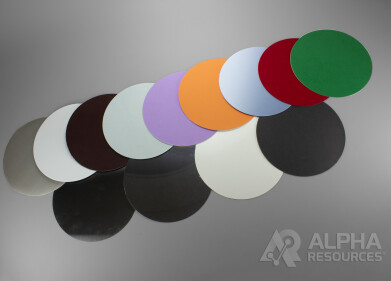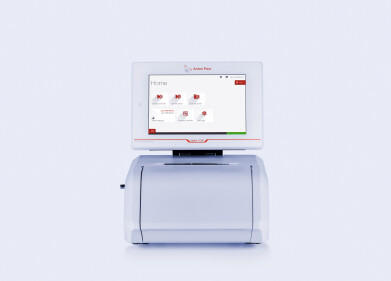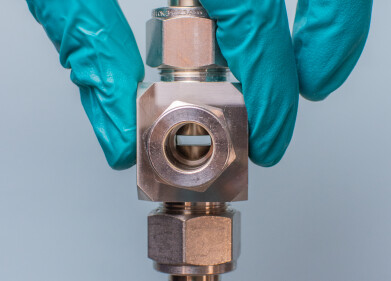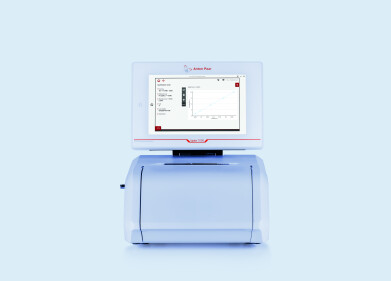Mass Spectrometry & Spectroscopy
Water Quality Monitored with State-of-the-Art Technology in Aftermath of Australian Floods
Apr 10 2013
AB Sciex announce that the University of Queensland is using AB Sciex mass spectrometry technology to analyse how the devastating floods of 2011 have affected water quality in Australia. Ongoing concerns about water quality are fuelling environmental monitoring efforts in the aftermath. Two of 12 AB Sciex instruments installed at UQ are dedicated to this monitoring.
The floods in early 2011 had washed large amounts of debris into major water storage reservoirs. This pressured the water treatment infrastructure to its limits. It also caused residents in certain areas to boil water as a protective measure against harmful chemicals, such as perfluorinated compounds and pesticides. Continual monitoring of water quality is necessary long after the worst of the flooding. Widespread contaminated floodwaters can have long-term ecological effects.
Scientists at the University of Queensland are using AB Sciex technologies, including the QTRAP® 5500 System, to obtain the most accurate information possible about how concentrations of contaminants have changed since the floods. This data is critical for public health officials to make decisions about the safety of the water and what action needs to be taken to facilitate the full extent of recovery from the intense flooding. The 2011 floods have been called the worst natural disaster to ever hit the state of Queensland, Australia.
Beyond the floods, monitoring the Great Barrier Reef has additional consequences. UQ had discovered herbicides in unexpected places, including along the inshore reefs on the Great Barrier Reef, which is relatively far away from the agricultural areas where they are primarily applied. In response, UQ developed a monitoring mechanism for herbicides and is using AB Sciex's LC/MS/MS technology to conduct this analysis.
Among other uses of the many AB Sciex systems at the university is the monitoring of illicit drugs in wastewater. Scientists at the university are also using the TripleTOF® 5600 system as part of research to sequence peptides from cone shell toxins in an effort to develop new painkillers.
Digital Edition
Lab Asia 31.6 Dec 2024
December 2024
Chromatography Articles - Sustainable chromatography: Embracing software for greener methods Mass Spectrometry & Spectroscopy Articles - Solving industry challenges for phosphorus containi...
View all digital editions
Events
Jan 22 2025 Tokyo, Japan
Jan 22 2025 Birmingham, UK
Jan 25 2025 San Diego, CA, USA
Jan 27 2025 Dubai, UAE
Jan 29 2025 Tokyo, Japan



















